UPSC Civil Services Examination (CSE) results are out and IIT Bombay alumnus Shubham Kumar has secured AIR 1. So, an engineer has topped the UPSC, which proves his mettle and ability to understand a large diversity of subjects.
Engineers taking up Civil Services more frequently
However, an engineer cracking the UPSC CSE is not a rarity. Engineers account for 60 per cent of the new civil servants in the country, though the UPSC wants to encourage diversity in the elite services. Every year, several engineers prepare for the exam and many of them clear it.
ThePrint quoted the Mussoorie-based Lal Bahadur Shastri National Academy of Administration (LBSNAA) director Sanjeev Chopra as saying, “Those from an engineering background have continued to dominate. Sometimes, the numbers go marginally up or down, but there is no major change in the trend of engineers coming into the civil services.”
Why more engineers becoming civil servants is not a thing to celebrate?
If an IITian or any other engineer cracks the UPSC CSE, then it is a thing to be praised. But still, it is not a reason for celebration.
There is nothing to celebrate. If you analyse the trend of engineers turning into civil servants and read between the lines, you would realise that there is something seriously wrong with India’s engineering education sector. It raises an important question- why are engineers not willing to get into entrepreneurship and why do they prefer a government job instead?
After all, the UPSC CSE is not the only method to serve the country, and on top of that, the civil services hardly offer the kind of research and innovation opportunities as the engineering branches do.
The individual growth of thousands of engineers graduating every year gets restricted because they are not willing to get into innovation. Remember, every single engineer who pursues civil services could have become another Sridhar Vembu, the CEO and founder of Chennai-based tech firm Zoho. So, why should we celebrate the fact that several brilliant minds did not take up innovation?
National growth demands tech & innovation
Make no mistake, the nation needs engineering minds to get into research & innovation as almost everything from the defence sector to governance, and economic growth is dependent on technological progress. We need engineers to become innovators, wealth creators and CEOs, and the civil services simply do not offer this opportunity.
True, UPSC is labelled as the most difficult exam in the country. Many feel like taking up the challenge. However, if thousands of engineers keep pursuing civil services every year instead of advancing further in their academic background, then it would be a massive loss for the nation.
Moreover, the institutes working hard to create so many engineers are also at a big loss. They try to create a strong base for the nation with rigorous teaching and training. So, it is only appropriate that this effort goes in the intended direction. Also, if engineers advance in their academic field, then it would create a great alumni network that ultimately helps the institute improve its global standing.
PM Modi too, is subtly hinting that there are many diverse opportunities to explore, and those that did not make it must widen their horizon. UPSC is not everything.
The PM is giving a very important message as gently as he can. Widen your horizons: the world is your oyster. At the same time the reality of young smart adults making these choices for years also tells us something about the incentive system in our bureaucracy that needs reform. https://t.co/X18S2vazu8
— Harsh Madhusudan (@harshmadhusudan) September 25, 2021
Why are engineers pursuing civil services?
The fact remains that we as a nation have been infected with a colonial hangover, followed by a non-liberal economic system till 1991. Both these systems have created a misconception- a government job is the best thing that you can achieve in life. This is why even engineers seem to be more interested in getting into government services.
Also, since India’s market economy is relatively new, there is a cultural lack of willingness and readiness to take risks for the sake of making it big.
Also, if 80 per cent of the engineers in the country are unemployed, we cannot blame the individual choice of such graduates to look for a government job. The governments and institutes need to quickly transform engineering education and make it market-friendly to increase employability. After all, not every engineer will be naturally shaped to become an entrepreneur and therefore employability of engineers also becomes important.
While many engineers are cracking the UPSC CSE, we ought to keep in mind that it is a matter of introspection and not celebration.


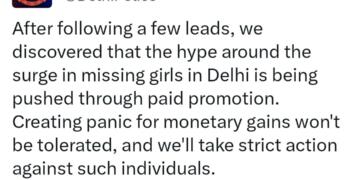

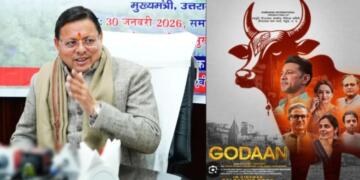




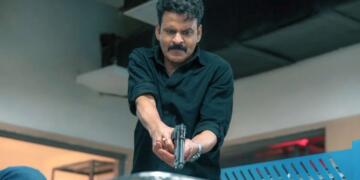
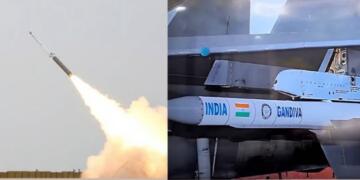
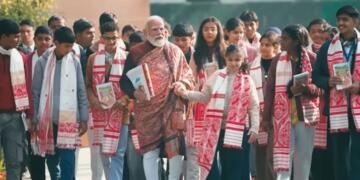


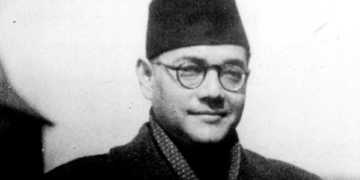
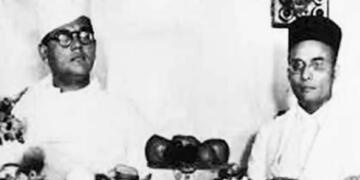










At one point of time, IITians and other good college passed out engineer used to sit for prestigious engineering services exam and we have examples of some great engineering services officer like E Seedharan,Vishweswaraya,Khosla among few.
Those were the days when engineer were treated with respect and were at par with civil service counterparts infact better. Civil Service was mainly for Humanities background student.
But today civil service has taken over everywhere,best example is recent of railway which even when being technical in nature has stopped recruitment from engineering services. Thereby shedding specialization.
When govt itself is not in mood to give respect and dignity to its engineer in Govt organization. A Chief Engineer who is equivalent to Joint Secretary is taken to task by junior level bureaucracy, Joint Secretaries are 13-15 younger give orders to such respected knowledgeable people without an iota of knowledge of technical field.
Why shouldn’t young graduate aim for civil service when engineer are humiliated daily in system. I had hoped of this change to start in this leadership but it infact favours more generalisation instead of specialisation be it appointment in organisation or otherwise
TFI please look into this. An article on this is needed.
May be some people want to leave engineering and pursue civil services because they understood that they didn’t like the job and want to come to humanities side and do some work related to development and corruption/violence. Isn’t this true ? Our alumni, an engineer, is a fearless IPS known by whole India. He took IPS despite getting a top rank. What about such people ? According to my analogy, many genuine people come to engineering in hope of doing some good to society. But now a days, everyone is teaching in universities just for jobs. What do you expect from some of those to do ? Yep, they will leave engineering side. Note: my institution is a top 20 engineering college in India, and many left engineering side, and some are trying to leave, as we speak. Entrepreneurship kind of things must be encouraged from the university and mainly – TEACHERS. And some leave, because they don’t have resources or the ideas to start a startup. What should such kind of people do for making society good ? After all, ours is a top govt college , and so no one likes to work under some one without doing some real changes in society.
But some really want to join for making grass root level changes. Some people literally gave lives away for that. Some of them are engineers. Doesn’t India want that kind of genuine people ?
Who won’t like to be an IAS , here you can make crores in a month and respect and power sidewise
Sahi hai boss….
It was a very good post written with good intentions.These days most of the Engineering colleges are coming up with Entrepreneurship cells in their colleges.I also feel that along with Engineering a Civil Service Aspirant has to study subjects like History,Geography,Polity and Economy which also acts as a very strong base for Entrepreneurship.Now the Academia can think of building a course on Entrepreneurship like IIMs and we can name them as Indian Institute of Entrepreneurship.In the first one year students can be given basic deep knowledge in History ,Geography,Polity and Economy with emphasis on Culture of India,crafts,Economy of festivals,Economy of Tourism sector,Economy of daily consumables,Rajiv Malhotras course on History of Indian Sciences,Economic Geography,Geography and enterprises,Political negotiations, etc..In the second year students can be encouraged to work with 8 to 10 enterprises along with courses in website building,Marketing,brand building,Customer satisfaction,variety of businesses operating around the world.In the third year the students can be given complete encouragement to open their business along with full institutional support.This will boost morale of students along with getting a Post Grad certificate. We should ask Govt and corporates to open such centres of Excellence.